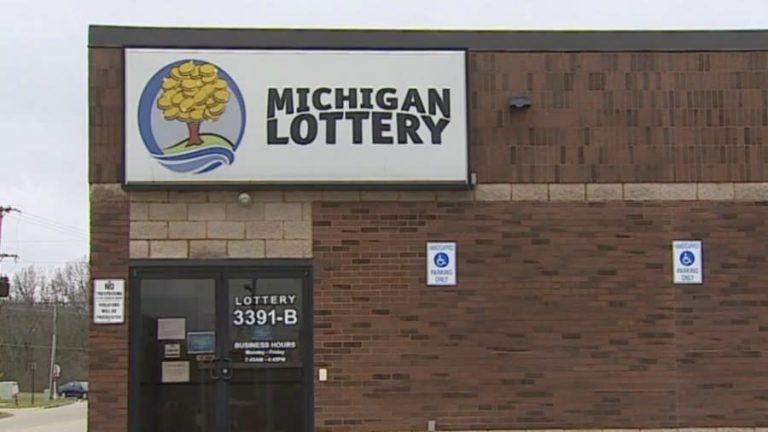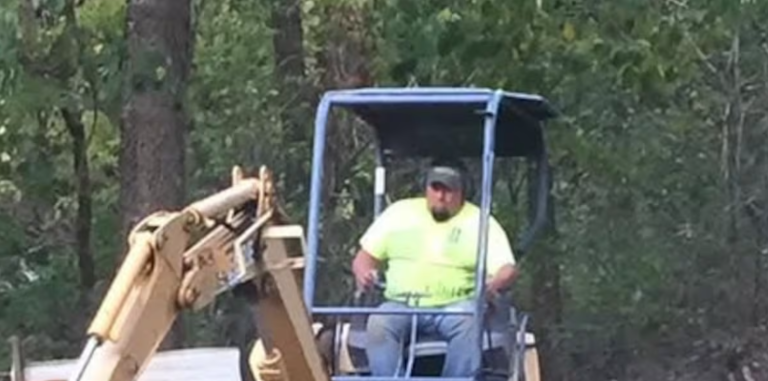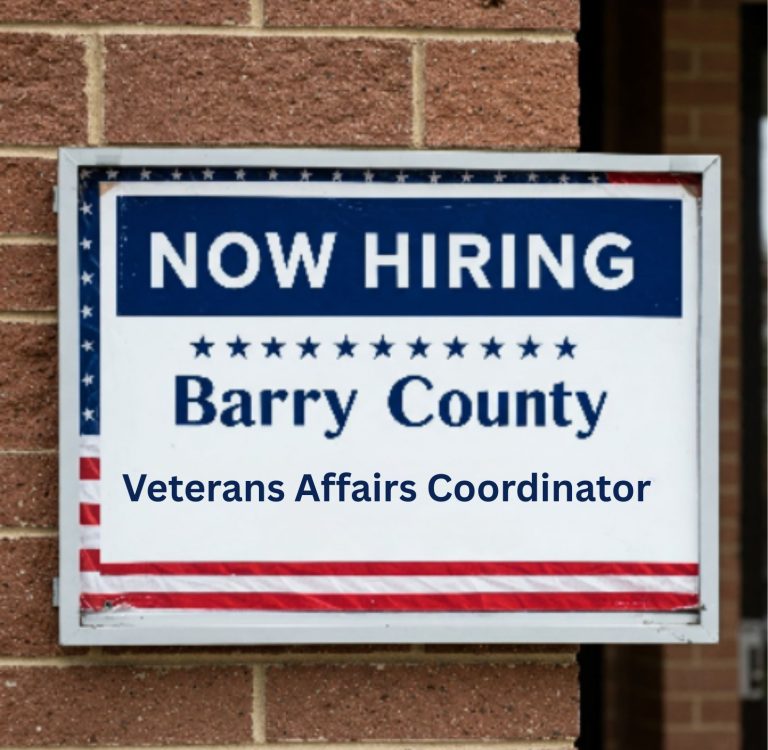Michigan Ballot Initiative Calls for Citizenship Proof Before Voting
A. new Michigan proposal is in the news because it would reverse voting and voter registration on its head. The proposal, if enacted, would require voters to provide evidence of U.S. citizenship as a prerequisite to register to vote exactly the opposite of the current situation. The amendment, having been cleared to certify for signatures by the Michigan State Board of Canvassers, can go on the November 2026 ballot and be voted upon.
The sponsor of the bill, the Committee to Protect Voters’ Rights, argues this is protecting the integrity of elections. In their proposal, people who wish to vote would need to provide identification such as a birth certificate, passport, or other form of identification that confirms them to be United States citizens. They would also need to provide a photo ID when voting.
Michigan no longer requires citizenship documents to enroll, and a photo ID is not necessary when voters vote in person. They can swear under oath if they don’t have one. This exception is a part of the state process for decades but supporters of the new law want to toughen up.
State Rep. Bryan Posthumus, R-Rockford, has been a vocal supporter of this bill. He believes the bill is making things simple when it comes to voting and making it difficult to cheat. “It should be easy to vote and hard to cheat,” he said.
Posthumus also demanded that the Michigan Legislature submit the proposal to voters immediately, but when nothing resulted from the legislature, the committee is now resorting to a petition. The coalition must collect some 440,000 certified state voters’ signatures to get the issue on the 2026 ballot.
Why Now?
The effort to make the change follows a 2024 audit conducted by the Michigan Department of State, which verified over 5.7 million votes that were cast during the election in that year. During the audit, 16 likely non-citizens cast ballots – an infinitesimally small fraction in the bigger picture, 0.0002% of all ballots.
But Posthumus and other supporters are stunned at the intensity of the audit. They state that relying solely on internal state databases will not be enough to detect all instances of illegal voting. He quotes other states, which have formed partnerships with federal agencies like the Department of Homeland Security in a bid to determine with accuracy.
Quick resistance to the policy has been shown, as organizations such as Promote the Vote Action, led by ex-Michigan Democratic Party Chairman Mark Brewer, warned that this policy will end up doing more harm than good. “While making our elections secure is of the utmost importance,” Brewer said, “this kind of policy disenfranchises a whole lot of good voters i.e., people who are having a hard time getting the papers they need.”.
That’s a practical effect,” Brewer stated. “We’re speaking about older voters who voted, rural communities who voted, married women whose name was legally changed, and people who can barely pay to obtain something like a passport or birth certificate.”.
The ACLU of Michigan chimed in, too. Legislative Director Kyle Zawacki said illegal votes were rare, wondering if an extreme shift is what they need. “That’s a decimal point and four zeros,” he said. “We shouldn’t be erecting barriers on something that occurs so infrequently.”
Zawacki paraphrased that violators of law simply must be punished but argued sporadic incidents should not be allowed to justify mass methods which will deter or exclude honest voters from being democratic players. In solving such problems, Posthumus and other sponsors of the bill have explained that the bill wouldn’t make registering to vote any harder but instead introduce a double-check level of confirmation. They have even floated the idea of having an economic hardship provision for the poorest so they could manage to get proper forms.
“You’ll still be able to register to vote just like before,” Posthumus explained. “The only difference is that now you’ll need to show proof of citizenship and if money’s a problem, there will be assistance available.”
Still, critics aren’t convinced that these measures are enough. They argue that even small obstacles can have a significant chilling effect on voter participation, especially in marginalized communities.
What Happens Next?
Now that the Board of Canvassers has certified it, the Committee to Protect Voters’ Rights will begin circulating for signatures. With a goal of some 440,000, they’ll need an energetic grassroots effort in order to gain momentum.
If they can get enough authentic signatures, Michigan voters in November of 2026 will have the power to approve this new rule one with potentially profound effect on how the state conducts elections.
Meanwhile, the argument will surely continue, with both camps ready to plead its case with the public. It is one call for greater security at the polls, and the other vote suppression fear hanging in the air. As always, the hook to the question is finding the balance perfectly in between securing the vote and keeping it open.







